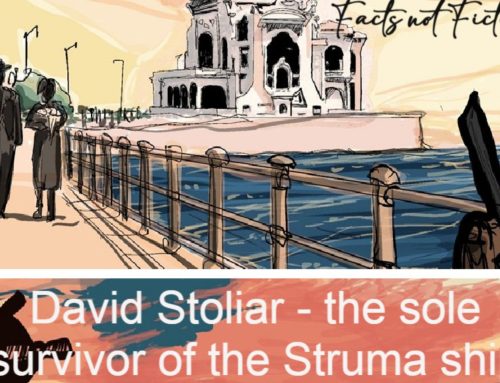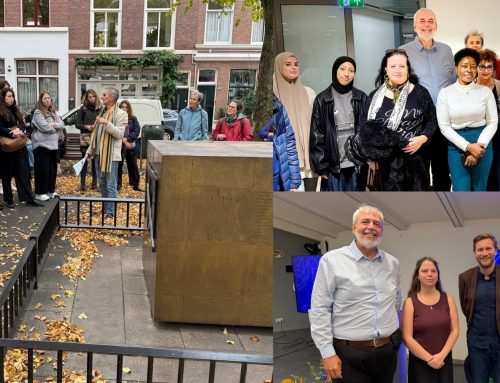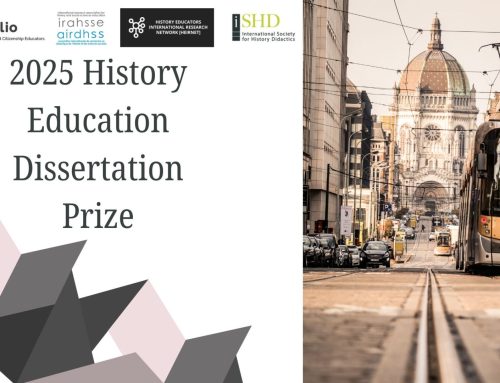In the weekend of the 23rd and 24th of March, seven editors of the History that Connects project ‘Teaching Sensitive Topics in the Countries of Former Yugoslavia, 1900-1945’ gathered in Vienna to work on the development of the educational material, to identify remaining challenges, to divide tasks and responsibilities and to set up a timeframe concerning the next steps. Despite the extremely cold winter weather and some plane cancellations, all the editors of Bosnia-Herzegovina, Croatia, Kosovo, Macedonia, Montenegro, Serbia and Slovenia were able to participate. It was a short meeting, but at the same time intense and great progress has been made.
On the 22nd of March the editors arrived in Vienna to attend the kickoff of the meeting by EuroClio coordinator and Senior Manager Jonathan Even-Zohar. In order to make some preparations, the weekend programme was discussed in advance including the questions that had to be answered. In the morning of the 23rd the meeting started with a reflection on the draft modules by EuroClio Executive Director, Joke van der Leeuw-Roord. Several key questions and suggestions were raised concerning the development of the material. In addition, the piloting results of Bojana Dujkovic-Blagojevic from Bosnia-Herzegovina, Igor Jovanović from Croatia and Mire Mladenovski from Macedonia were presented and reflected upon.
At the end of the weekend the results were presented. Final decisions have been made on the division of responsibilities, on the content and methodology of the modules, on translation and publication. To enhance the project aim to stimulate regional cooperation and critical thinking, the responsibility of the modules has been divided among the editors of countries in a way that the editor is not responsible for editing its own country module. Furthermore is stated that the final publication will consist out of twenty-one modules of which every country has developed three.
In order to follow up the results, a next meeting has been planned and will take place on the 20th of April in Osijek, Croatia. Before the editors will come together, the modules will be formatted while keeping the publication in mind. Moreover, the piloting trainings are considered to be of great value during this project, and will therefore be continued. The first upcoming one will take place in Serbia.
All in all, the first editors meeting proved, despite some challenges, to be an enormous success. Clearly, the key concepts of multiperspectivity, critical thinking, similarity and difference, interpretation and source-based material are at the heart of the matter. More information about the participating History Teachers Associations can be found in the membership section of the EuroClio website. Also, for more information on the project, you can contact the EuroClio Secretariat.












